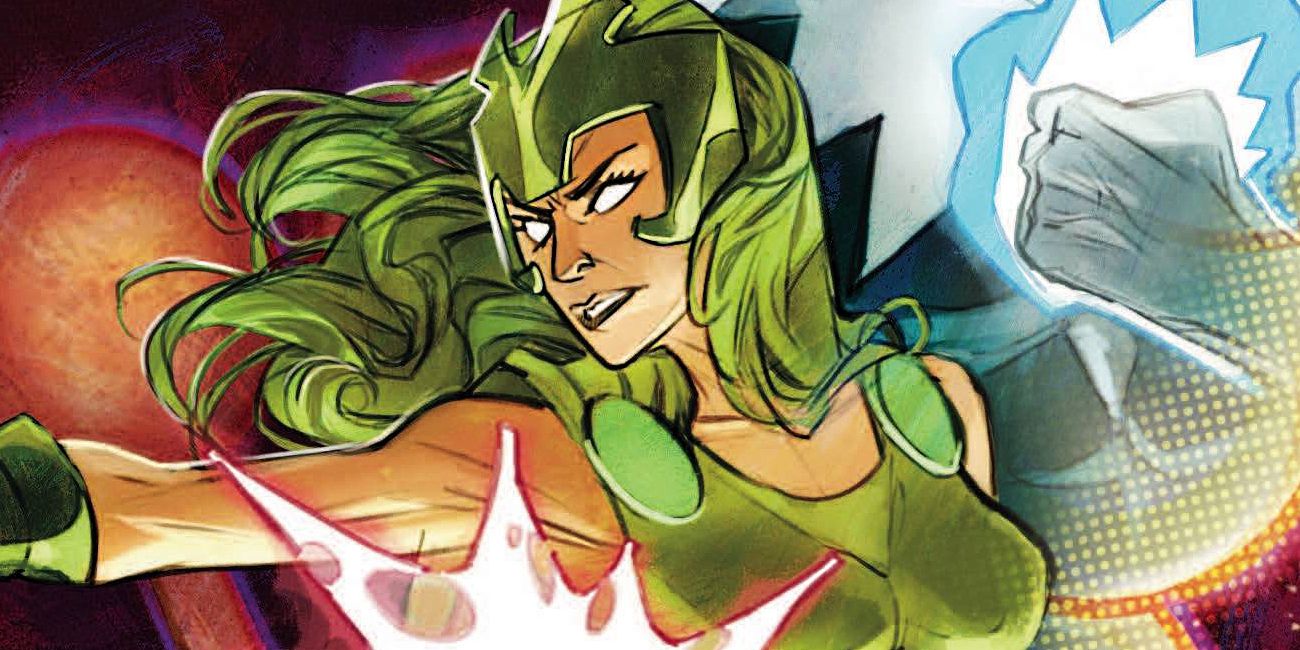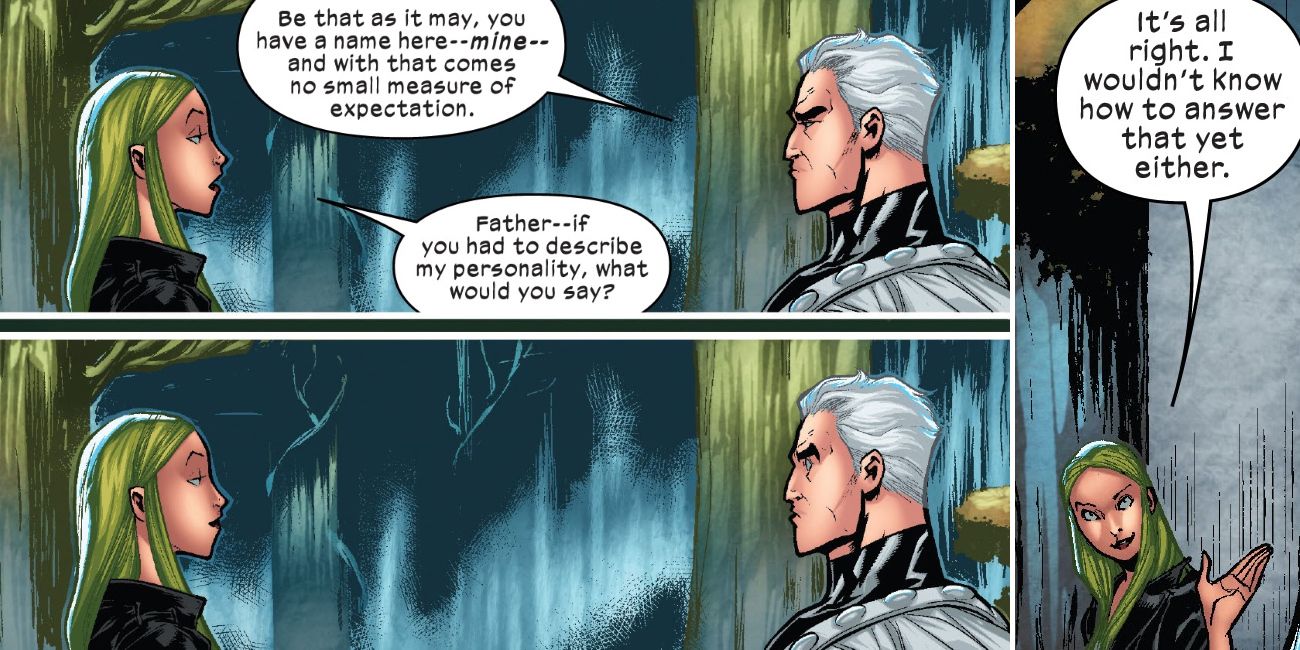This article contains spoilers for X-Factor #1.
The brand new X-Factor #1 has launched by calling out over five decades of X-Men writers. Starting with Stan Lee and Jack Kirby in 1963, the team known as X-Men would eventually become Marvel's best-selling comic of all time. And while many of the industry's best have helped them reach such heights... there were some lows, as well.
Some of these writers have been tremendous, and have achieved legendary status; the likes of Chris Claremont, Peter David, Roy Thomas, and Fabian Nicieza. Other runs have been less popular, and some are even derided. But no writer has been able to resist the opportunity to create new mutants, and as a result, countless new characters have been introduced with every decade. Unfortunately, that means a lot of mutants have been written badly, inconsistently, or simply relegated to the background. And nobody has gotten it worse than the heroes of Leah Williams and David Baldeon's X-Factor #1.
In one key scene at the end of X-Factor #1, Magneto confronts his daughter Polaris, and asks why she chose to reject a leadership role in the new X-Factor team. After all, Magneto reasons, she is his daughter, and that comes with a weight of expectations. It's a clever play since many readers will be surprised to learn Polaris isn't going to be the leader themselves. With a comic book history dating back to 1968, she's the most well-known of the book's cast, and has a familial link to Magneto. Polaris rejects Magneto's argument with a pithy retort that feels more than a little meta. "Father," she asks Magneto, "if you had to describe my personality, what would you say?" A relatively simple request that leaves Magneto completely dumbfounded. But then, but Polaris isn't really expecting an answer.
It's a powerful point to make, and feels squarely aimed at 50 years' worth of X-Men writers, who have far too often molded Polaris into whatever shape their current story required. It also feels loosely addressed to X-Men readers too, who - like Magneto - expect greatness from Polaris based on her birth... without knowing her as a character at all. Notice Magneto's abrupt, and less than happy, response; it feels like a disgruntled reader who has just realized the Daughter of Magneto doesn't like to accept the truth that she hasn't been consistently developed over the decades. It's a particularly interesting comment given Williams admitted she was intimidated to write Polaris, the last mutant chosen for the book whom she was "afraid to write." Perhaps that intimidating legacy proved to be of greater importance to Polaris than her actual character? Either way, Williams seems poised to deliver on the opportunity to create the definitive Polaris - even after all this time.
Here's the interesting thing, though; this isn't just true of Polaris. In fact, Williams and Baldeon have packed X-Factor with mutants who lack definition, even though some of them have a long history in the comics. As such, the conversation between Polaris and Magneto feels like Williams' mission statement for the X-Factor series to come, resolving to write a character-focused book that will finally reveal just who these X-Men really are.


